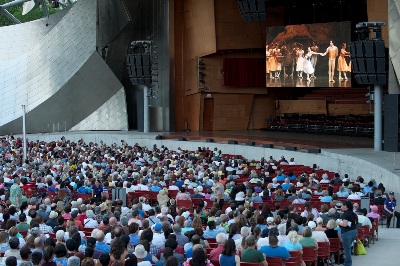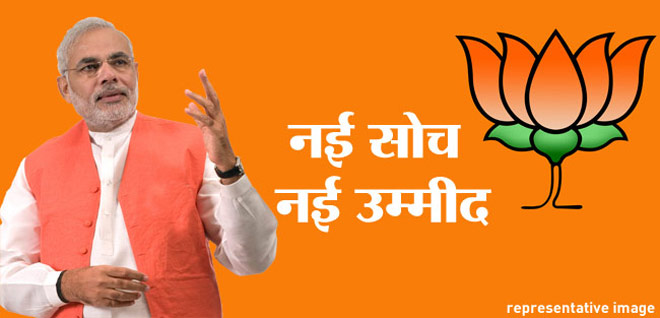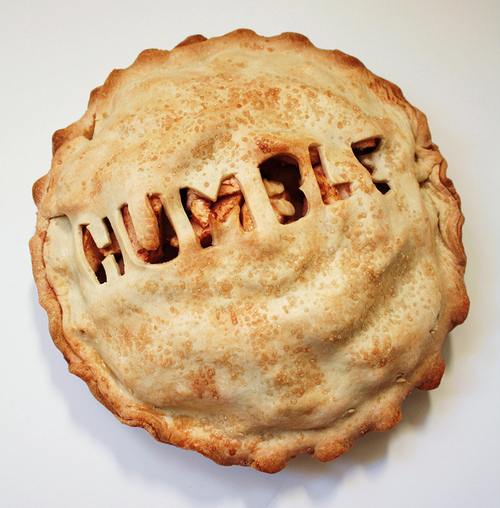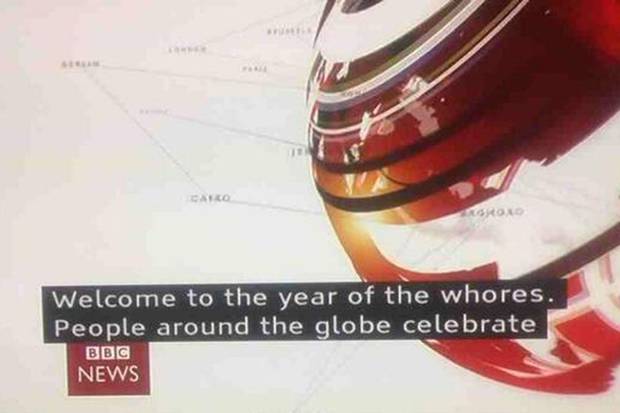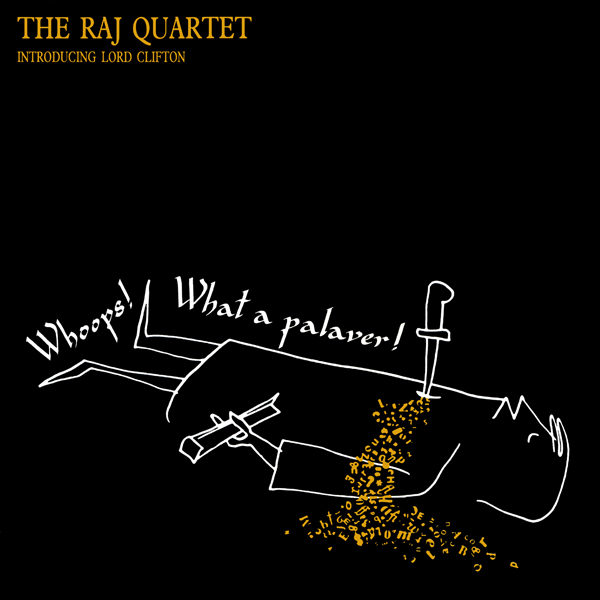
If a yoghurt is “slated for Sochi”, does that mean it failed to tickle the tastebuds of Russian athletes, or that it’s on board the supply vessel heading for the Olympic village? Hmmm. It probably depends on whether it was an American or a Brit using that rather strange turn of phrase about that particular foodstuff. (And someone did actually say that in print.) If something was capped in England, it was probably costing too much money, but to Americans it might well have been leading up to something even better. And whereas a palaver on either side of the Atlantic is much ado about nothing, it’s merely a discussion among Yanks but more of a big nuisance to the Brits.
Below are the subtly different definitions of these words determined by who is uttering them, along with some examples recently published in the media. (Except where stated, the definitions are from Oxford Dictionaries — the British-English and American-English versions.) Because the words are used differently — contextually and linguistically — by Americans and Brits, there isn’t usually any confusion or ambiguity when they’re being communicated to trans-Atlantic counterparts; indeed, at this point both meanings are pretty well understood, if not in actual usage, on either side of the pond (at least in the case of slated and capped), even if they might still give pause. To my mind, a performance that has been slated — even if it is for a future date — still sounds like something not to get excited about.
Slated:
British: “criticize severely”. Tom Service, writing about a Bruckner symphony in The Guardian, wrote that “a contemporary critic slated its ‘nightmarish hangover style’, but Bruckner’s last completed symphony contains music of sheer, breathtaking magnificence.”
American: “schedule; plan”. In an NBC News headline, some Chobani yoghurt “slated for Sochi [was] held up at U.S. customs”.
Capped:
American: “provide a fitting climax or conclusion to; follow or reply to (a story, remark, or joke) by producing a better or more apposite one”. Discussing Russia’s figure-skating team winning the gold medal in Sochi yesterday, AP sports writer Barry Wilner wrote: “It was victory capped by the freshness of Lipnitskaia.”
British: (Cambridge Dictionaries): “to put a limit on the amount of money that can be charged or spent in connection with a particular activity.” In The Guardian, the UK’s health secretary, Patricia Hewitt, was quoted as saying that “with hindsight, she wished GPs’ earnings had been capped.”
Palaver:
British: “prolonged and tedious fuss or discussion”. (Commonly used in the phrase “what a palaver”.) In the Evening Standard, gallery co-owner Tamara Beckwith, referring to selfies, was quoted as saying: “I’ve tried taking one and it was such a palaver.” Reporting on supermodel Naomi Campbell’s refusal to use her allocated dressing room for the National Television Awards, the Kildare Nationalist quoted a source telling The Sun newspaper: “What a palaver. Apparently Naomi wants something more luxurious so the team have had to scrabble around trying to find something suitable nearby.”
American English: “prolonged and idle discussion; verb – to talk unnecessarily at length.” In a report on the recent debate on creationism between Bill Nye and Ken Ham, the New Republic’s writer said: “My friend said that no, Ham wasn’t lying—he truly believed the palaver he was spewing.”
Strangely, the Brits seem to have broadened the definition of this word, which remains similar to its original meaning on American shores. According to the Online Etymology Dictionary, palaver dates from 1733 (implied in palavering), “talk, conference, discussion,” sailors’ slang, from Portuguese palavra “word, speech, talk,” traders’ term for “negotiating with the natives” in West Africa, metathesis of Late Latin parabola “speech, discourse,” from Latin parabola “comparison”. Meaning “idle talk” first recorded 1748. The verb is 1733, from the noun. Related: Palavering.”


